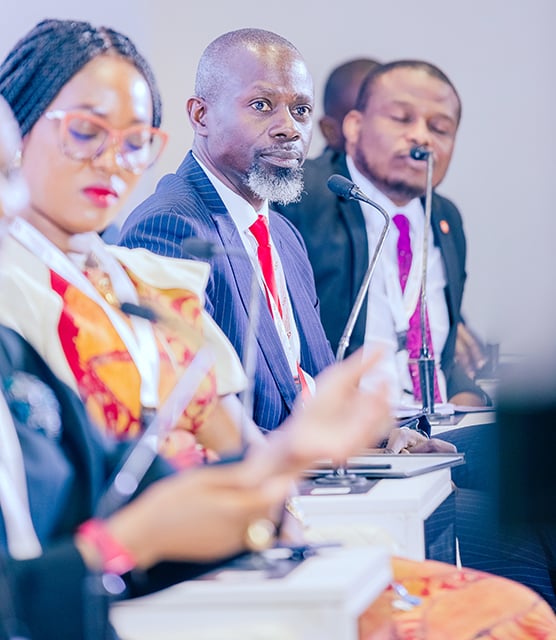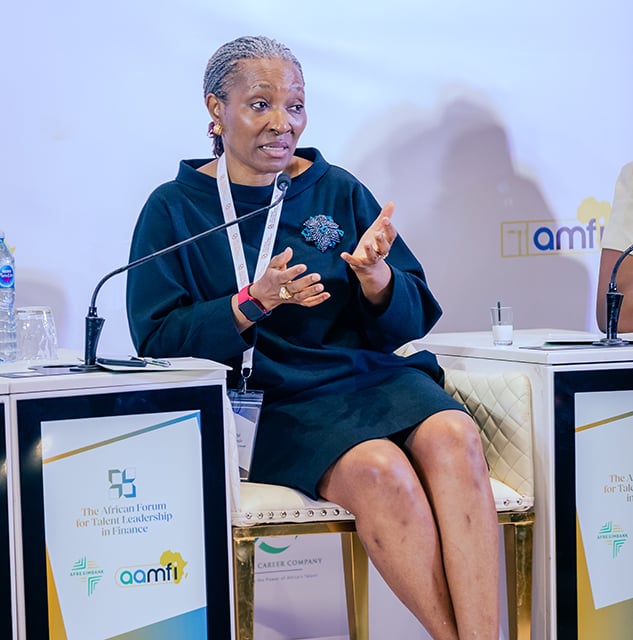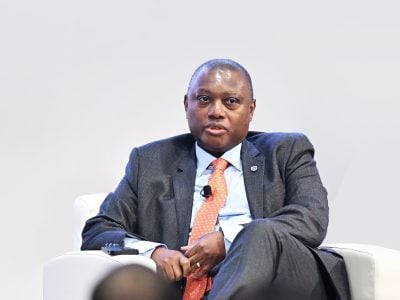This article was produced with the support of GCC
As Africa positions itself for a new era of industrialisation, digitalisation and regional integration, experts argue that unlocking the full potential of the workforce is no longer optional: it is essential. This view was advanced during a high-level Human Resources (HR) leadership session at the African Forum for Talent Leadership in Finance, hosted jointly by the African Export-Import Bank (Afreximbank) and the Alliance of African Multilateral Financial Institutions (AAMFI) in Abuja.
The forum brought together leading HR professionals from across the continent to discuss the evolving expectations of human capital, its role in shaping business strategy and the imperative for HR to move beyond traditional administrative functions. The session featured distinguished speakers, including Pai Gamde, Chief Talent Officer at Coronation Group; Allan Akoko, Group Director of Human Resources at the African Guarantee Fund (AGF); Constantine Wafula, Acting Head of HR at the East African Development Bank; and Jatto Cyril, Head of Human Resources at Alpha Morgan Bank. The discussion was moderated by Peter Okwoche, Chief Executive Officer of AIT News 24.
‘Relevance must be seen in measurable outcomes’
Addressing the forum, Gamde emphasised that HR must evolve into a proactive, strategic partner within organisations: “HR should no longer wait to be invited to the table,” he declared. “We must take our place as part of the system that drives business success. Our relevance must be seen in measurable outcomes, not just compliance.” Gamde argued that the traditional perception of HR as primarily an administrative function, focused on payroll, leave management and compliance, limits the contribution of HR leaders to organisational growth.
Instead, the HR function should be integral to decision-making processes, using data and insights to shape strategy, drive innovation and support organisational transformation.
Akoko highlighted how the pandemic has permanently reshaped organisational priorities, bringing employee wellness, resilience and empathy to the forefront of leadership agendas. “The world is hungry for problem-solvers,” he said. “Wellness and empathy are now strategic imperatives. HR must understand how the organisation makes profit to earn credibility at the leadership table.”
He emphasised that in an increasingly competitive global market, organisations that fail to prioritise employee experience and wellbeing risk losing talent and innovation. By demonstrating a clear understanding of the organisation’s business model, HR can move beyond traditional personnel management to become a key contributor to strategic growth.

Data-driven solutions that improve performance
Cyril of Alpha Morgan Bank reinforced the importance of initiative and strategic communication within HR functions. “If HR continues to focus only on routine matters like payroll or leave management, we will remain in the background. But when we bring data-driven solutions that improve performance or reduce costs, we gain leadership attention,” he asserted.
He cited examples of HR analytics being used to optimise workforce planning, reduce attrition and enhance employee productivity. “The organisations that are succeeding today are those where HR provides actionable insights, not just administrative support. We must demonstrate that investing in people translates into measurable business results.”
For Wafula, one of the continent’s most pressing challenges remains the capability gap across Africa’s workforce. He noted a persistent mismatch between educational outcomes and the skills required by the market. “We need stronger collaboration with governments and universities to align training curricula with modern workplace realities. Africa must also strengthen labour mobility frameworks to allow talent movement across borders,” he stressed.
Wafula argued that closing the skills gap will require multi-stakeholder engagement, including policymakers, educators and private-sector leaders. By harmonising education with industry needs, African countries can cultivate a workforce that is adaptable, skilled and capable of driving economic transformation.
Demonstrate impact on corporate growth
Moderator Okwoche observed that HR leaders must take ownership of transformation and actively demonstrate their impact on corporate growth. “If HR is not at the decision table, it’s not because they were excluded, it’s because they have not shown sufficient business value,” he noted.
Okwoche highlighted the need for HR professionals to embrace accountability, leverage technology and adopt metrics that clearly demonstrate the contribution of HR initiatives to organisational performance. “HR leaders must not only implement policies but also measure and communicate the outcomes of their strategies. This is how HR earns a seat at the leadership table.”
The session concluded with a strong call for continuous investment in human capital development, the adoption of data-driven decision-making and enhanced leadership accountability. Participants stressed that repositioning HR as a strategic partner is not merely about improving organisational efficiency, it is a critical lever for Africa’s broader economic transformation.
By treating human capital as a core strategic asset rather than a support function, organisations can foster innovation, enhance competitiveness and accelerate sustainable growth. The forum emphasised that the era of reactive HR is over, proactive, data-informed and business-focused HR is now indispensable for the continent’s progress.
Talent mobility, collaboration and lifelong learning
The discussion also underscored the importance of creating ecosystems that enable talent mobility, collaboration and lifelong learning. HR leaders were urged to champion initiatives that not only address immediate business needs but also anticipate future workforce requirements in an era of rapid technological and economic change. As Africa navigates its economic renaissance, human capital will be the engine driving industrialisation, digital transformation and regional integration. The insights shared at the African Forum for Talent Leadership in Finance provide a roadmap for organisations seeking to leverage HR as a transformative force.
By reimagining HR as a strategic business partner, fostering cross-sector collaboration and bridging skills gaps, African organisations can unlock new levels of productivity, innovation and competitiveness. Ultimately, the forum concluded, investing in human capital is not just an organisational imperative, it is a national and continental one. The future of Africa’s economy will be shaped not only by natural resources or capital flows, but by the ability to harness the creativity, skills and potential of its people. n
 Sign in with Google
Sign in with Google 



